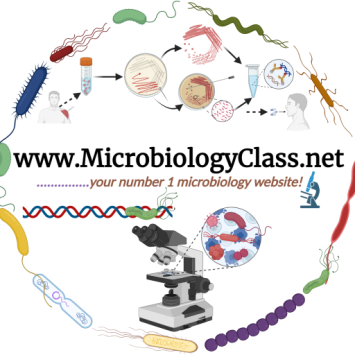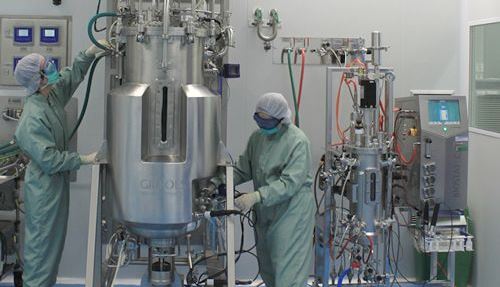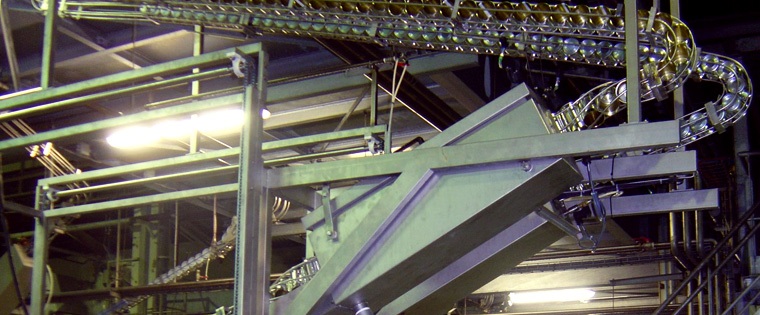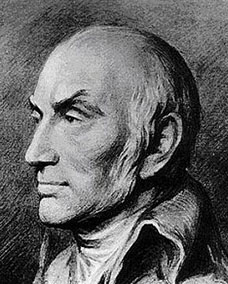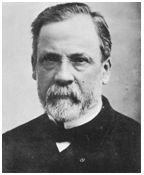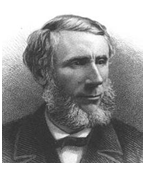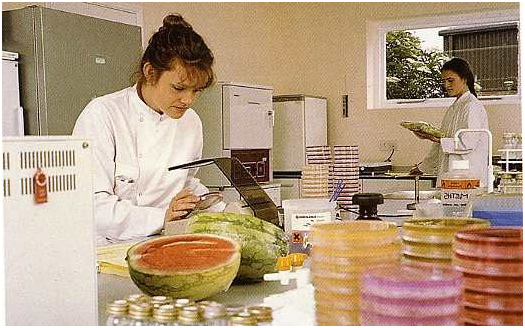FOOD BORNE DISEASES
Food borne diseases are diseases caused by the ingestion of food borne pathogens. They are generally regarded as gastrointestinal infections that occur when microbes are ingested via contaminated foods or food products. In cases of food borne diseases, the ingested food borne pathogen grows within the gastrointestinal tract (GIT) or gut of the affected individual; […]
FOOD BORNE DISEASES Read More »
Food Microbiology